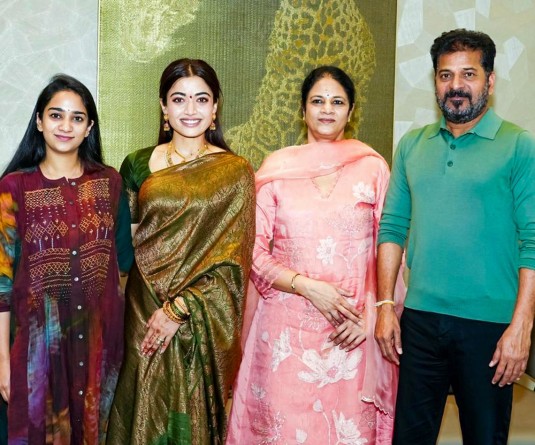
Morung Express News
Dimapur | February 2
As ‘Dreams & Chaos’ season 2 tries to hit hard on the educational system, Sentilong Ozukum, the author who gave birth to the main characters in ‘Dreams & Chaos’ (2020), points out certain problems and makes attempt to suggest way out of the vicious cycle of producing unemployable youths.
‘Every child is gifted differently’
“The first is the curriculum,” states Sentilong Ozukum. According to him, the education system is designed in such a way that it favours only a marginal section of the students. “The education system in the country has done more harm than good for many children. There is a dangerous flaw in the education system and it is killing the dreams of so many talented kids in the country every day,” said the young author and civil servant posted in Mokokchung district.
“If we were somehow able to put the genius of Einstein, the athleticism of Usain Bolt, the imagination of Walt Disney and the vocal chords of Freddie Mercury into a child and send him to school, teachers are most likely to call him dull, restless and might end up administering him some drugs to calm him down and let him focus on his lessons. It doesn’t matter even if you can paint like Picasso, brisk like Bolt or sing like Sheldon. If you have poor skills in reading, writing, arithmetic and memory, then the system is going to strangulate all your other talents,” he observes.
‘Some kids love music, while others enjoy mathematics. Some prefer algebra over art. Some embrace creative writing and shun calculus. Some smile over soccer and stutter over science. Every child is gifted differently. Our education system sadly is built around only a few of these gifts,” he stated.
Purpose of education
“The second is our understanding of the purpose of education,” maintains Ozukum. “Ironically, we have been educated that the ultimate purpose of education is to get a job. For many Nagas, a job is not a job unless it is a government job. You may have various degrees and other meritorious certificates but if you don’t pass a competitive exam and get a government job, you’re still a failure,” he stated.
Ozukum says that this wrong perception of the purpose of education has given birth to thousands of graduates with no skills and no direction in life. “After laboring for years in a defective education system that wasn’t built for them, today we have thousands of educated young people who neither have the caliber to compete in various competitive exams for jobs nor the skills and discipline to work in the private sector. There is unemployment problem in our land not because there are no job opportunities but because our majority of our graduates are simply unemployable,” he noted.
Urgent need for paradigm shift
As a corrective measure, Ozukum feels that there is an urgent need for a paradigm shift in the way we understand education today. First, there is need to change our mindset and perception towards education. The present understanding of the purpose of education will only produce more unemployable youths and breed more corruption.
He reiterates that the ultimate purpose of getting educated is not to get a government job. “The primary purpose of education is to develop and hone our intellect and talents and make a positive difference in the world through our jobs and profession... Education is supposed to bring out the best in a person. Unfortunately in our country education has become synonymous with marks, degrees and jobs,” he expressed.
Need reform in the way education is imparted
Ozukum also believes that there is a need to reform the way schools and colleges impart education to our students.
“The average college graduate in Nagaland today walking out of the college with a graduation degree in his hand after spending seventeen years pursuing education has no reading habit, no writing skills, no communication skills or any other skill that is required for him to independently survive in this modern world. This is the fallacy and tragedy of our education system today,” Ozukum said.
“Education in the 21st century should be aimed to develop and impart Collaboration, Creativity, Critical thinking and Communication to the students. We need a curriculum that incorporates Information Literacy, Media Literacy and Technology Literacy. We need an education system that develops skills of leadership, productivity, flexibility, adaptability and social skills in the student,” he suggests.
“We certainly need a paradigm shift in the way we educate our kids today. Or else, we are staring into a future where a new class of people will populate our society called ‘The Redundant Class’ or ‘The Useless Class’. It will be a class of people with educational degrees but no skills or expertise, a class of people rendered useless or redundant to the demands of the future world,” Ozukum concluded.






